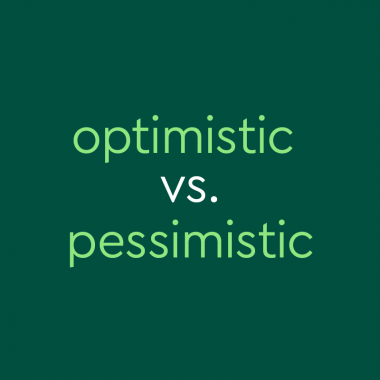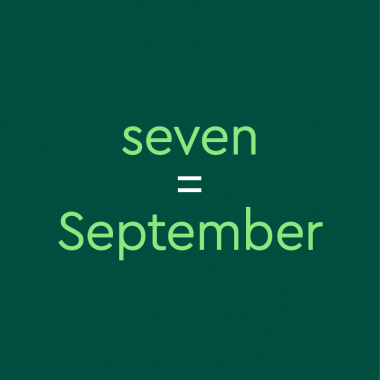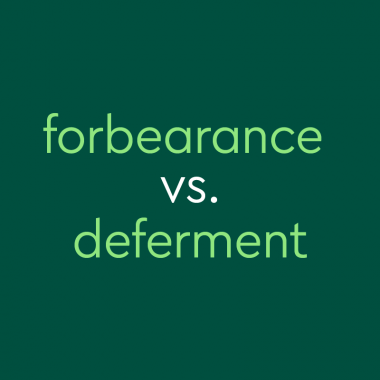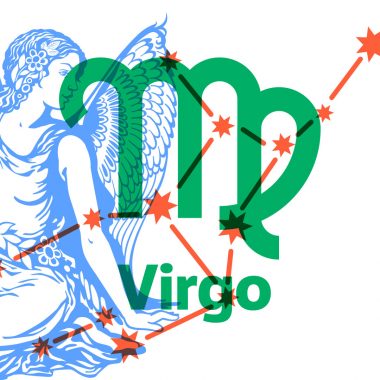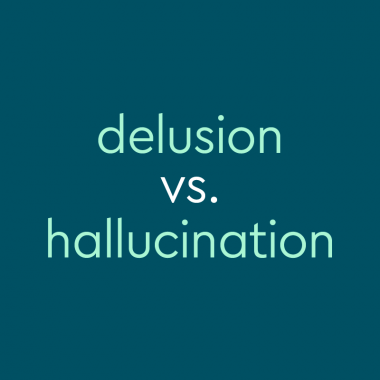Optimistic vs. Pessimistic: What’s The Difference?
Glass half full, or glass half empty? Looking on the bright side, or expecting the worst? Rose-colored glasses, or Murphy’s law? The words optimistic and pessimistic are opposites used in the context of people’s general outlooks or their sense of whether a situation will turn out positively or negatively. In this article, we’ll define both words—as well as the related nouns optimism, optimist, pessimism, and …
